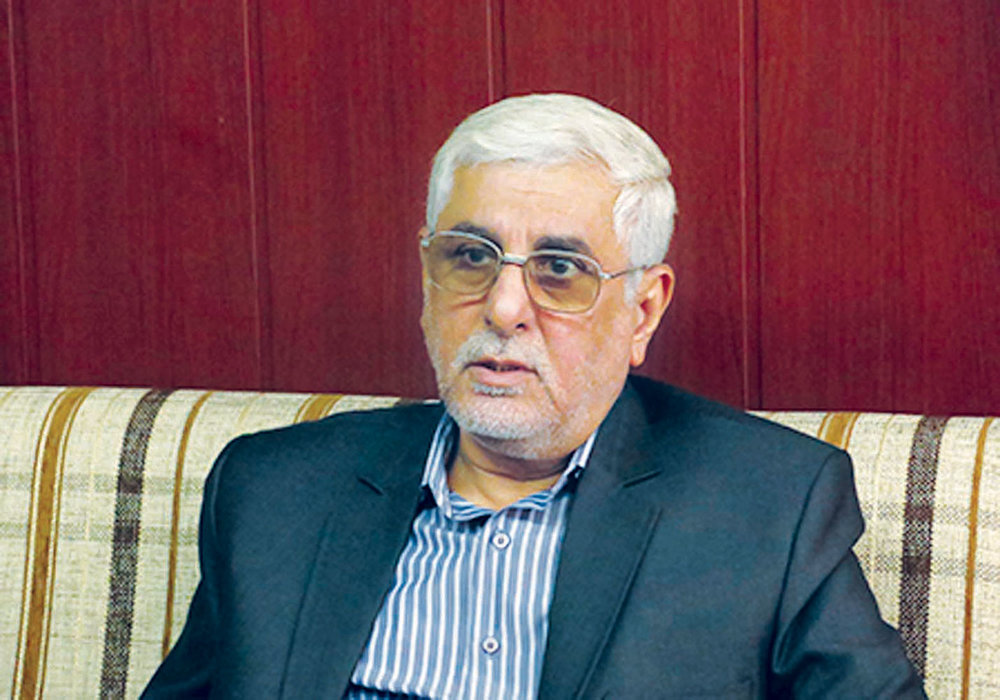In an interview with Mehr, Iranian expert Hassan Hanizadeh on the issues of Arab countries, said Tehran submitted a list of the terrorists behind the assassination and that terrorist actions against the Iranian people had been submitted to Iraq’s Supreme Judicial Council for prosecution, but diplomatic factors prevented the abolition of Iranians.
Hanizadeh said the collapse of the Iraqi Bas regime in 2003 was a turning point in relations between Tehran and Baghdad, providing an opportunity to begin constructive cooperation between Iran’s Islamic Republic and the new Iraqi government in various political economies, particularly the security sphere.
However, he argued that the structural gaps in the country’s north security structures, particularly in Iraq, provided the basis for the formation and integration of bases for anti-Iranian terrorist groups in the Kurdistan region.
Citing information and ground reports, he said over the past 22 years at least eight military bases belonging to the armed group have been established in Iraq’s Kurdistan region near the shared border with Iran.
“During that period, these groups have repeatedly undermined the security of Western Azerbaijan, Kordestan and Kermansha provinces by carrying out terrorist operations,” Hanizadeh said.
According to Hanizadeh, from a security standpoint, the danger posed by such terrorist groups based in Iran’s Kurdistan region is not limited to border conflicts, and the bigger problem that emerged is that some of those elements received specialized terrorist training at their bases under the supervision of Mossad and CIA Intelligence personnel.
“One of the worries could have sent out deviant jamming into the radar of airliner aircraft in northwestern Iran (by terrorists), leading to a humanitarian disaster,” he continued.
“Such measures are not only considered a serious violation of international aviation law, but also a serious threat to the lives of hundreds of passengers on domestic and international flights.”
He went on to say that it was because of such dangers raised by those terrorists that Iran became increasingly sensitive to their presence.
Considering the process of security interaction between Iraq and Iraq, Hanizadeh pointed to repeated warnings from Tehran to the Iraqi Central Government and the Kurdistan Regional Government (KRG) about the existence of armed groups and the bases.
He points out that ignoring these warnings has forced Iranian forces to enter Northern Iraq to pursue those armed elements. Meanwhile, he acknowledged that Iranian military action and the presence of terrorist groups have brought life to life for difficult people in border areas, particularly villages in northern Iraq.
Political analysts considered it a consequence of the need to continue the security contract signed between Tehran and Baghdad in 2023, facing intensive negotiations and border threats.
“According to the agreement, the Iraqi government has pledged to work with the KRG to completely disarm the terrorist groups and remove them from the Islamic Republic’s borders over six months, but the KRG has not cooperated effectively in implementing the agreement.”
“Tehran also submitted a list of names of people involved in assassinations and terrorist acts against Iranian people, and submitted it to the Supreme Judicial Council of Iraq, despite all diplomatic factors preventing the extradition of these terrorists,” he argued.
The Tehran-based expert ultimately warned that delaying the implementation of security contracts could have serious consequences for bilateral relations, particularly in the areas of trade, commodity transport and border security.
MNA/6454933

